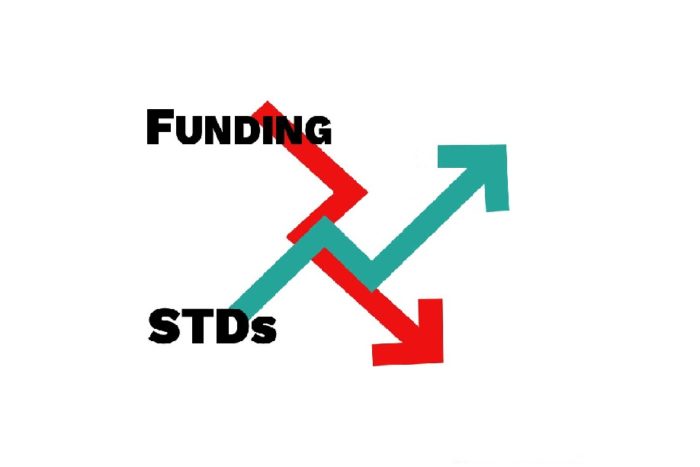FY 2017 Federal Funding Request
Here is NCSD's Federal Funding Request for 2017

Each year there are nearly 20 million new STD cases, approximately half of which go undiagnosed and untreated. Every year STDs cost the U.S. health care system $16 billion. The costs to individuals of untreated STDs can be even more staggering and can include infertility, a higher risk of acquiring HIV, and certain cancers. Additionally, investments in STD prevention and treatment have the potential to further the National HIV/AIDS Strategy’s goal of reducing new HIV infections. Today, STD programs in these departments across the country are facing skyrocketing syphilis rates, including increases in congenital syphilis. In fact, last year, for the first time since 2006, rates for chlamydia, gonorrhea, and syphilis all increased concurrently.
The Centers for Disease Control and Prevention’s (CDC) Division of STD Prevention (DSTDP) guides national efforts to prevent and control STDs. DSTDP invests most of its federal funding in state, territorial, and large city or county health departments who carry out on-the-ground efforts to control STDs. State, territorial, and local public health STD programs are the backbone of our national STD infrastructure, not only monitoring and
controlling STD epidemics, but responding to emergency outbreaks of all kinds, from Ebola to food-borne illnesses to flu. However, the current public health infrastructure has been continually strained by budget reductions at the federal, state, and local levels and is currently not sufficiently prepared for the reality of rising rates of STDs, particularly syphilis, and other outbreaks.
DSTDP and these health departments across the country need additional federal resources to reverse thealarming and costly trends of STDs. Flat funding will not address these growing needs for outreach, treatment assurance and surveillance. In fiscal year 2017 funding, please support an urgent funding increase of $8.1 million to the CDC’s Division of STD Prevention to ensure those on the front lines of STD prevention have funding to respond to the rising STD rates, particularly syphilis, and prepare for other unforeseen outbreaks.
Above is the attached funding request.
Contact Stephanie Arnold Pang, Director, Policy and Government Relations, with any questions.